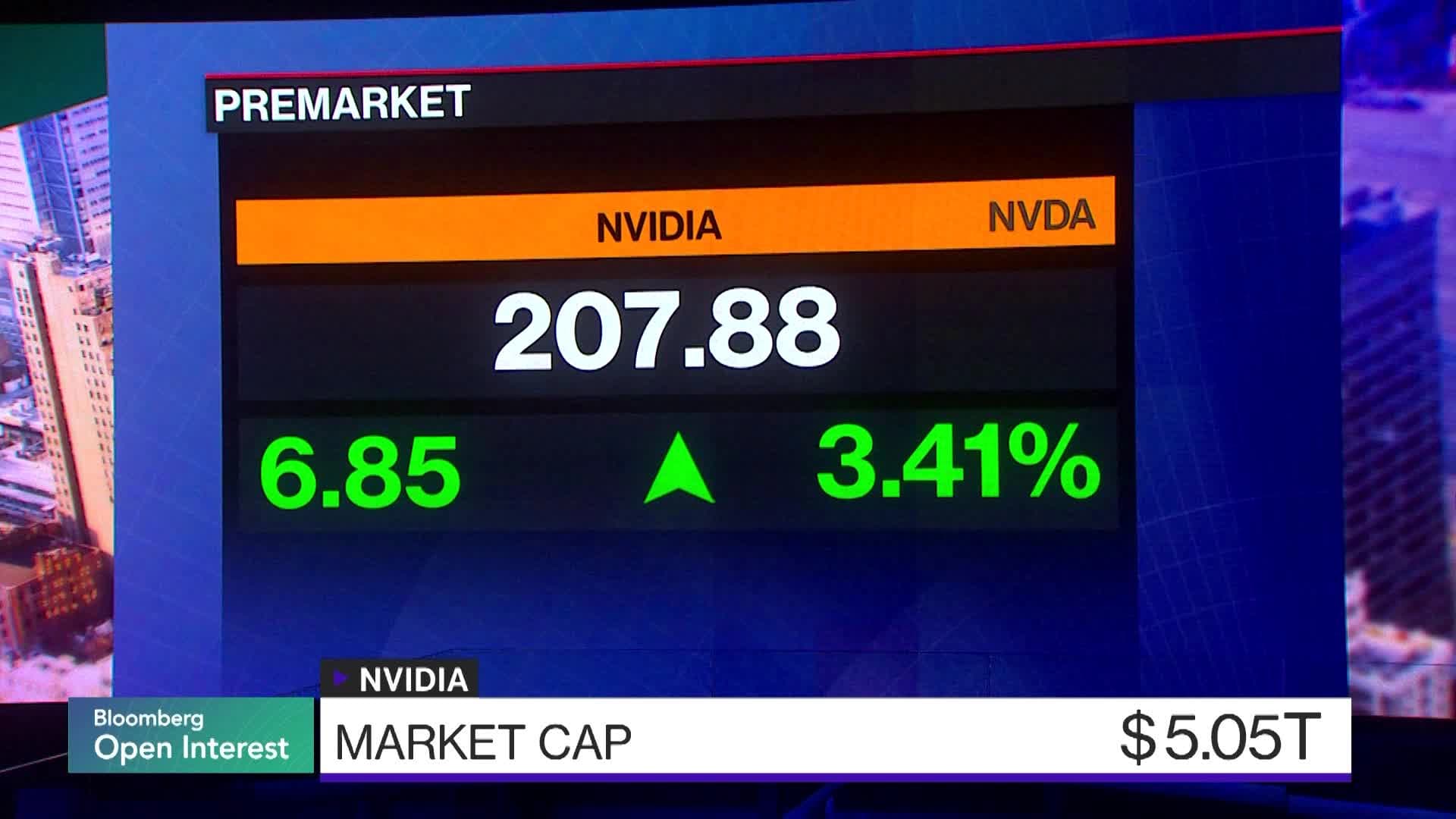Nvidia's Single-Day Surge Matches Goldman Sachs' Total Valuation at $237 Billion

Nvidia, the prominent artificial intelligence chipmaker, reportedly experienced an astounding single-day increase in its market capitalization, adding approximately $237 billion. This monumental surge, as highlighted by entrepreneur Ankur Nagpal, remarkably equals the entire market valuation of investment banking giant Goldman Sachs, which currently stands at $237 billion and ranks as the 37th most valuable company in America. The event, occurring on November 21, 2025, underscores the dramatic shifts in market dynamics driven by the technology sector, particularly in AI.
Nvidia's valuation has been significantly propelled by its dominant position in the artificial intelligence hardware market. The company's Graphics Processing Units (GPUs) are critical components for training and deploying large language models and other advanced AI applications, driving immense demand from data centers and cloud service providers. Historically, Nvidia has demonstrated the capacity for such rapid valuation increases, including a record-breaking single-day gain of over $277 billion in February 2024 following exceptional earnings reports, indicating a pattern of substantial market movements.
Goldman Sachs, a cornerstone of the global financial industry, maintains its robust market capitalization through its diverse operations in investment banking, global markets, asset management, and wealth management. While its valuation of $237 billion reflects a strong position within the financial sector, its growth trajectory typically follows more stable patterns compared to the high-volatility, high-growth technology companies. This comparison highlights the stark difference in growth velocity between established financial institutions and leading-edge tech innovators.
Entrepreneur Ankur Nagpal succinctly captured the moment in a social media post:
"Goldman Sachs is the 37th most valuable company in America today worth $237B Which is also approximately how much Nvidia has added to its market cap since 4pm today Lol" This juxtaposition serves as a potent illustration of the ongoing reordering of market value, where companies at the forefront of technological revolutions can accrue massive wealth at unprecedented speeds. Analysts continue to monitor the long-term implications of such rapid valuations on the broader economic landscape and the competitive dynamics between traditional industries and the burgeoning tech sector.